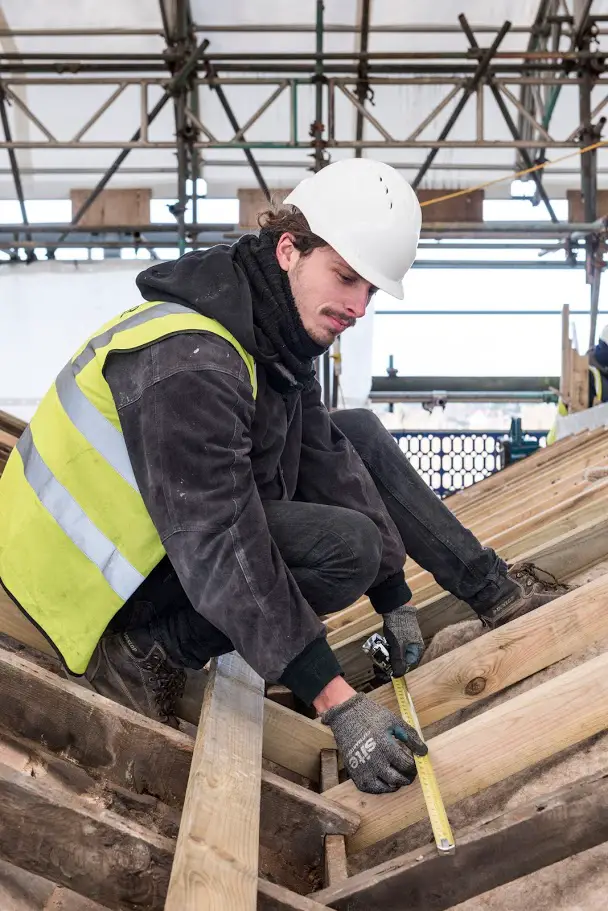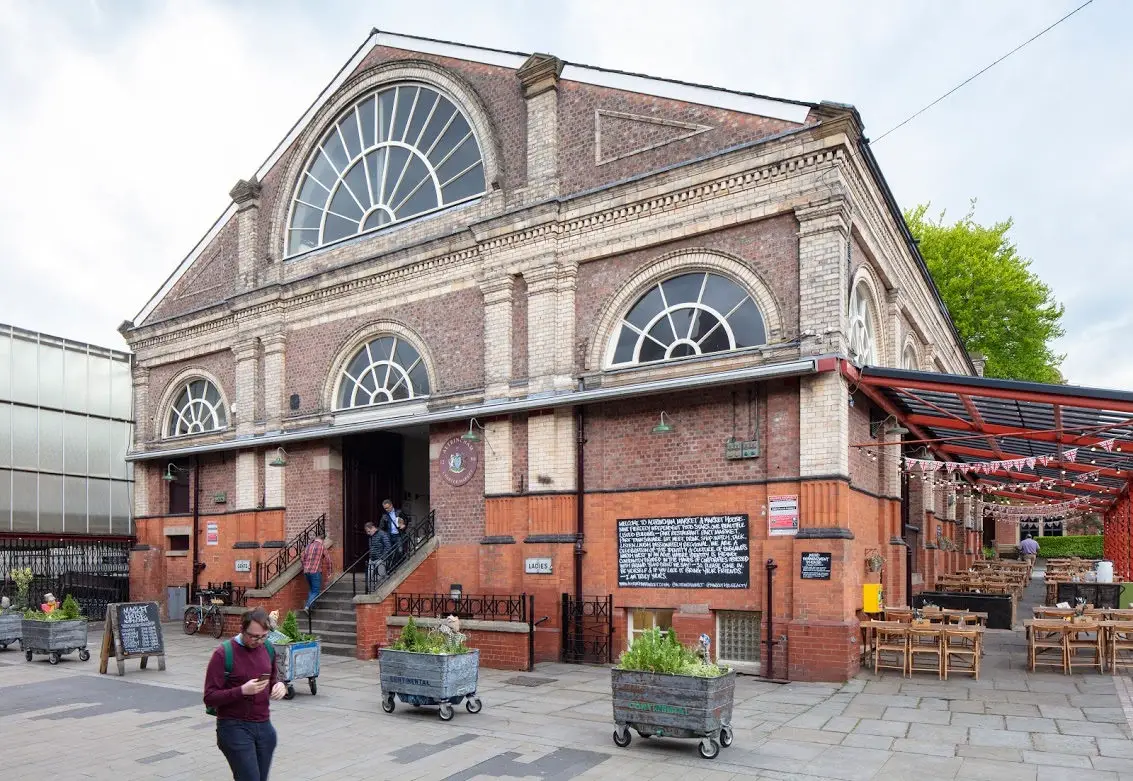New research published today by Historic England on behalf of the Historic Environment Forum, shows the value of heritage to the South East’s economy.
Heritage is an important sector which contributes to economic prosperity and growth through jobs in the heritage and construction sectors and from tourism. This new report has a focus on skills, examining the skills needs and gaps in the heritage sector.
The latest figures have been collected and analysed for Historic England by the Centre for Economics and Business Research (Cebr) and are published in Heritage and the Economy 2019. The data for the South East shows that:
- Heritage provides a total gross Value Added (GVA) of £4.6 billion (1.6% of the South East’s GVA)
- Heritage provides over 72,000 jobs
- For every directly-related job in the heritage sector, 1.23 jobs are supported through their activity

© Historic England. DP055032
Economic value
The historic environment is intrinsically linked to economic activity with a large number of economic activities occurring within it, dependent on it or attracted to it. The heritage sector produces a total GVA of £31billion in England.
For every £1 of GVA directly generated, an additional £1.10 of GVA is supported in the wider economy of the South East thanks to the supply chains of the heritage sector and due to the expenditure of their employees.
Construction and development
In 2018, heritage-related construction activities generated £7.1billion in GVA in England employing over 100,000 people.
The on-going need to repair, maintain and restore historic buildings creates strong dependencies between the heritage, construction and development sectors when specialist heritage skills and knowledge is needed.
Source of jobs
Heritage is an important employer in the South East.

© Historic England DP218166
For every job directly related to heritage, such as conservation architect or archaeologist, 1.23 jobs are supported through their activity.
Tourism
As a tourism driver, heritage drives millions of inbound and national visits.
In 2018, £2 billion was spent on heritage-related visits and trips in the South East with 33.7 million visits.

© Historic England, M020474
It is forecast that in 2019 inbound tourism to England will grow by 3% to 38.9 million and spending will boost by 7% to 24.5 billion.
Skills
Historic England commissioned the Centre for Economics and Business Research to examine the skills needs and skills gaps in the heritage sector in England. It is estimated that:
- 11% of firms in the heritage sector have a skills gap – when employees lack the skills, experience or qualifications to be fully proficient at their job.
- 6% of firms operating within the heritage sector had at least one skills shortage vacancy – when they find it hard to get staff with the appropriate skills and experience to fill outstanding vacancies.
In comparison with other sectors, the heritage sector has a relatively high incidence of skills shortage vacancies. It is estimated that approximately £140million worth of potential GVA was ‘lost’ in the heritage sector due to skills shortages in 2016.
University College London research highlights that skills lacking are handling digital collections, artefact conservation, archaeological fieldwork and post-fieldwork analysis.
Concern over skills gaps and shortages
Emily Gee, Historic England Regional Director for London and the South East said,
“Historic England is concerned about skills gaps and skills shortages in the heritage sector because these create a negative impact on wages, productivity and economic growth.
“An crucial response to these gaps is in-work training and we are leading the sector on the development of early career support through apprenticeships.
“We have established six new apprenticeship standards covering entry level to postgraduate level, and in 2019 we launched a brand new programme providing 11 heritage apprenticeship opportunities in our own organisation.
“We also provide on-going career support through our continuing professional development training programmes and trust that together these will help to build knowledge and capacity in London and the South East for the good of our historic environment and communities.”
Read the report in full on the Historic England Website.
News shared by Debbie on behalf of Historic England. Ed
Image: © Historic England DP233841





